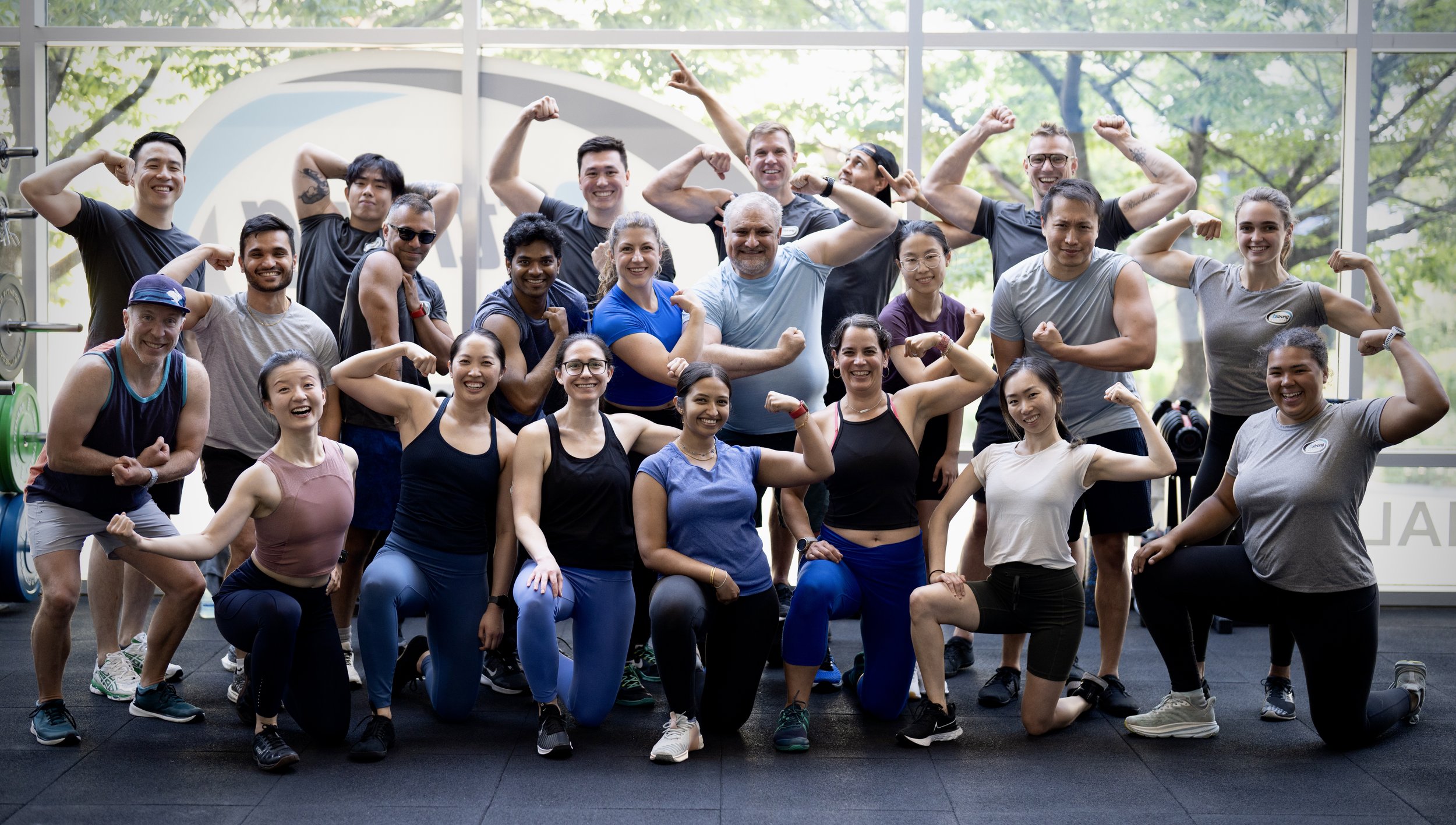Building Strength at Any Age: Why It’s Never Too Late to Start Lifting
Strength training is often associated with younger athletes or those with years of gym experience, but the truth is, it’s never too late to start lifting weights. No matter your age, adding strength training to your routine can offer incredible benefits—from stronger bones and better balance to more energy and confidence. Here’s why strength training is important at every age, and how you can start safely, no matter where you are in your fitness journey.
Why Strength Training Matters as We Age
Builds Bone Density and Reduces Fracture Risk
As we age, our bone density naturally decreases, leading to conditions like osteoporosis and an increased risk of fractures. Strength training has been shown to help slow bone density loss, even reversing it in some cases. The stress placed on bones during resistance exercises stimulates bone growth, making them stronger and less prone to breaks.
Preserves Muscle Mass and Boosts Metabolism
After age 30, our muscle mass declines naturally—a process called sarcopenia. Losing muscle impacts strength, balance, and metabolism, often resulting in slower calorie burn and weight gain. Lifting weights builds and maintains muscle mass, keeping your metabolism healthier and helping your body stay strong as you age.
Improves Balance and Reduces Falls
Strength training also enhances balance by improving the muscles around the hips, knees, and core. This is especially important for older adults, as falls are a significant health risk. Better balance, increased muscle strength, and improved reaction times reduce the risk of falls and related injuries.
Supports Joint Health and Reduces Pain
Strength training can help improve joint function and reduce pain from arthritis or stiffness. Building strength around joints (especially hips, knees, and shoulders) provides better support, leading to reduced discomfort and greater mobility. Regular resistance training can even make daily movements, like standing from a chair or lifting objects, easier and less stressful on the joints.
Enhances Mental Well-Being
Physical activity, particularly strength training, has a positive effect on mental health. Research shows that lifting weights can reduce symptoms of depression, boost self-esteem, and improve overall quality of life. Strength training encourages self-discipline and allows you to set and achieve new personal goals, giving you a sense of accomplishment and motivation.
Getting Started: Tips for Safe and Effective Strength Training
Starting strength training can feel intimidating, but you don’t have to dive into heavy lifting right away. Here are some tips for getting started safely:
Start Small and Focus on Form
Begin with light weights or even bodyweight exercises, like squats, lunges, and push-ups. Prioritize learning the proper form for each exercise, as this will reduce the risk of injury and help you get the most from each movement.
Incorporate Functional Exercises
Functional exercises mimic everyday movements, helping to improve balance, coordination, and joint stability. These exercises often involve multiple muscle groups, making them effective for building practical strength.
Allow Time for Recovery
As you begin your strength training routine, remember that rest can be as important as the workouts themselves. Give your muscles time to repair and grow by spacing out training sessions.
Seek Professional Guidance
If you’re new to strength training, consider working with a trainer who can ensure you’re using the correct form and progressing at a safe pace.
A Lifetime of Strength and Wellness
Strength training offers lifelong benefits and is key to maintaining physical health, mobility, and confidence as you age. It’s a powerful way to improve both your body and mind, no matter when you start. At bStrong, we’re here to help you find your path to strength regardless of age or fitness level.
Don’t let age stop you from feeling your best—start lifting and experience the benefits firsthand!

